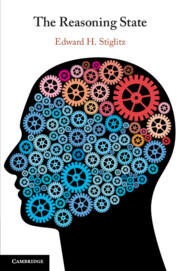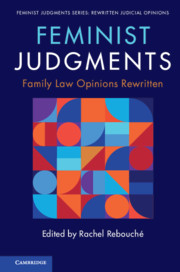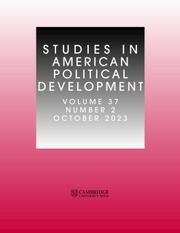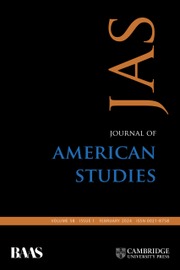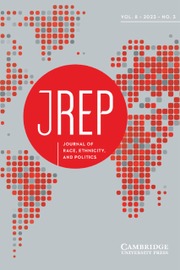The Reasoning State
Administrative bodies, not legislatures, are the primary lawmakers in our society. This book develops a theory to explain this fact based on the concept of trust. Drawing upon Law, History and Social Science, Edward H. Stiglitz argues that a fundamental problem of trust pervades representative institutions in complex societies. Due to information problems that inhere to complex societies, the public often questions whether the legislature is acting on their behalf—or is instead acting on the behalf of narrow, well-resourced concerns. Administrative bodies, as constrained by administrative law, promise procedural regularity and relief from aspects of these information problems. This book addresses fundamental questions of why our political system takes the form that it does, and why administrative bodies proliferated in the Progressive Era. Using novel experiments, it empirically supports this theory and demonstrates how this vision of the state clarifies prevailing legal and policy debates.�
- Employs inter-disciplinary approach to address fundamental questions of why our political system is set up as it is
- Synthesizes literature in positive political theory, Progressive Era history and experimental economics to build towards a single, maintained thesis
- Addresses prevailing debates in public law and policy using central argument, generating normative and doctrinal prescriptions that are grounded in positive theory
Reviews & endorsements
‘In this important new book, Jed Stiglitz develops a novel new theory about the foundations of the administrative state. He turns our attention from the classic view that broad delegation to agencies is warranted because agencies are experts toward a focus on agencies’ responsibility for ‘credible reasoning’ in administrative decision-making. The Reasoning State will fuel vital debates about the constitutional status of agencies and contemporary administrative law.’ Daniel B. Rodriguez, Harold Washington Professor, Northwestern University Pritzker School of Law
‘This book is extraordinary in the level of intellectual creativity and multi-disciplinary innovation it brings to the study of administrative law. Stiglitz sets forth a powerful new interpretation of the interrelations between reason, law, and government power.’ Nicholas R. Parrillo, Townsend Professor of Law, Yale University
‘It is a rare book that changes how we understand institutions, but the Reasoning State does exactly that. Stiglitz makes an utterly convincing case that one of the central justifications of the administrative state is its long-overlooked capacity to provide credible and trustworthy decisions. In doing so, he helps reframe how we should think about bureaucracy and charts a course for revitalizing it in the future.’ Wendy Wagner, Richard Dale Endowed Chair, University of Texas School of Law
Product details
March 2023Paperback
9781108725392
317 pages
228 × 150 × 18 mm
0.47kg
Available
Table of Contents
- 1. Introduction: The reasoning state
- 2. Reasoning and distrust: State architecture in complex societies
- 3. Instruments of credible reasoning: The role of administrative law
- 4. The reform era: Rise of the reasoning state
- 5. The reasoning constraint
- 6. Reasoning dividends
- 7. Diagnosing the administrative state
- 8. Lessons applied
- Index.

